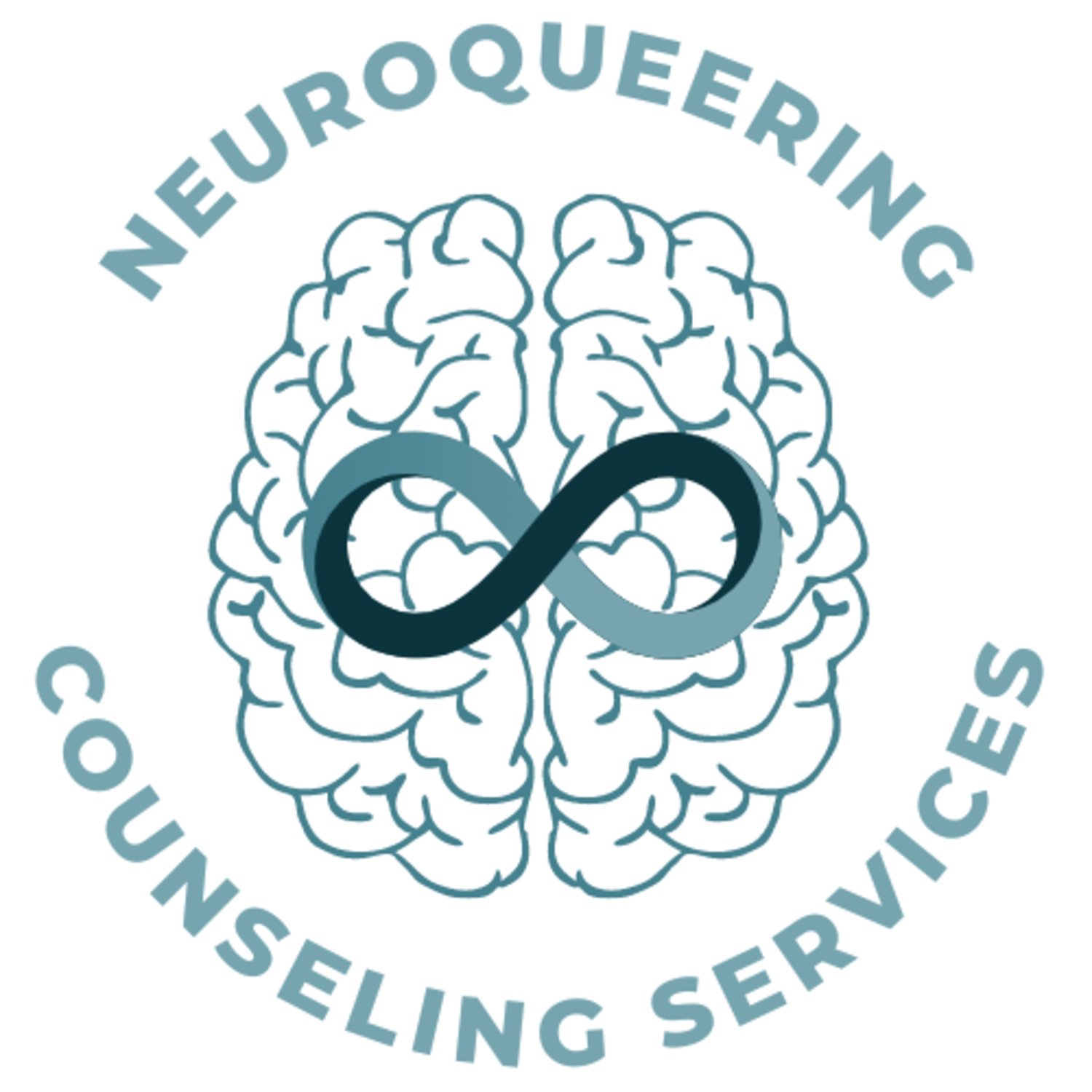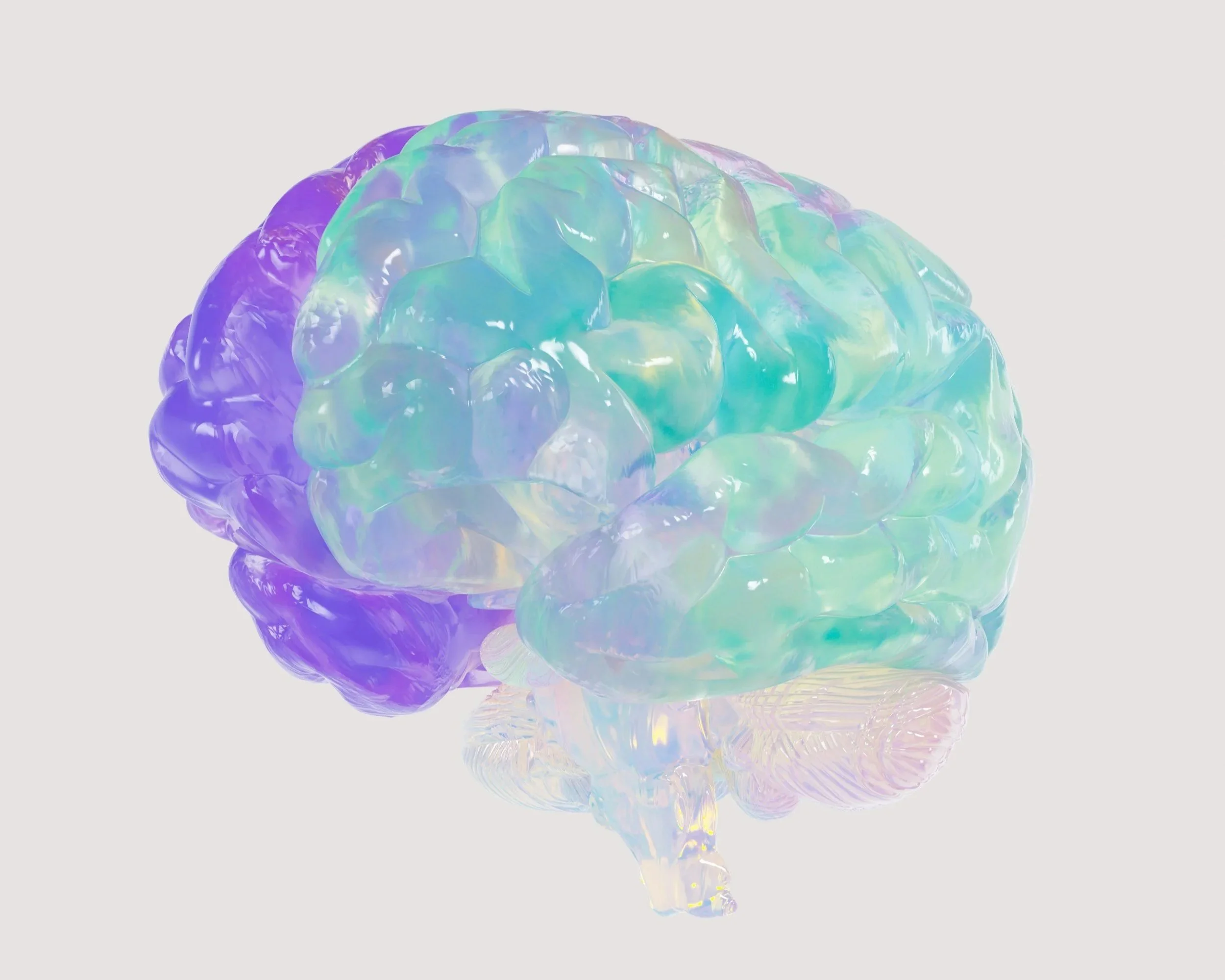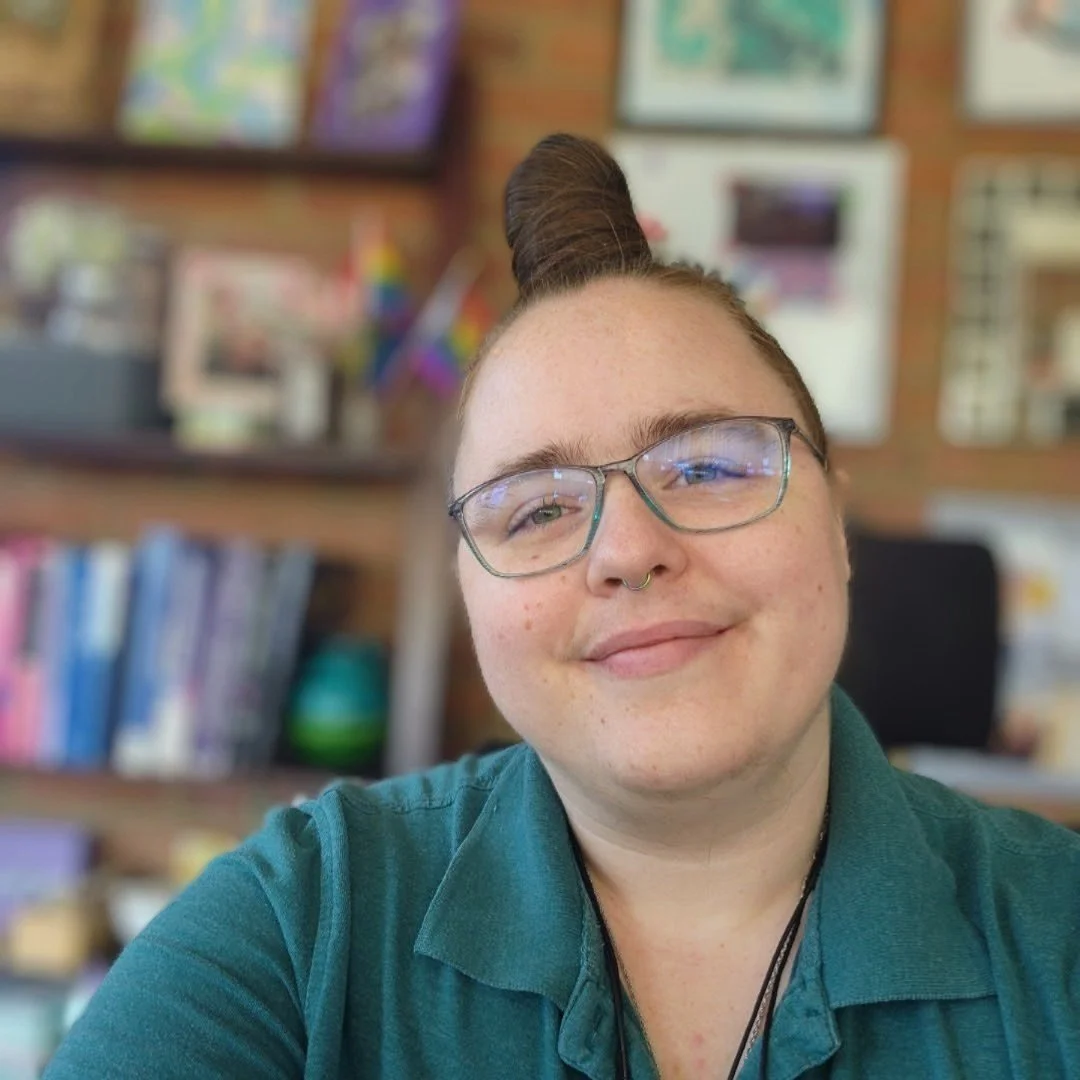
OCD Therapy in Lynchburg, VA
Online Across VA, FL, NC, SC, and VT
Break free from OCD “what if?” spirals. Reclaim clarity.
Reconnect with your authentic self.
Living With OCD Can Feel Overwhelming— You’re Not Alone
Many adults and teens living with OCD face thoughts and urges that can feel overwhelming:
Spirals of “what if?” thinking that take over your day, making even small decisions feel hard.
Intrusive thoughts that feel taboo or morally urgent.
Mental checking or doubt loops that disrupt daily life.
Being LGBTQIA+, neurodivergent, or non-monogamous adds layers. You might notice thoughts feeling more intense or fears being amplified by trauma or stigma— and that’s okay.
If this feels familiar, my OCD therapy approach can help— there is a way forward, and you don’t have to face it alone.
Reclaim Your Clarity: How OCD Therapy Can Help You in Lynchburg, VA
Imagine a life where:
Intrusive thoughts don’t control your actions
Doubt loops or mental checking don’t take over your day
You see thoughts for what they are— not facts
You feel grounded in your real, true self, full of self-trust
You trust that you’re not your feared possible self
You feel calm, clear, and more in control
With I-CBT therapy, you’ll learn to notice the mental leaps your brain takes, so thoughts stop driving anxiety and compulsions.
Over time, you can experience less interference from OCD, more mental space, and a restored sense of agency— whether you’re dealing with harm OCD, moral obsessions, or trauma-related doubt loops.
Affirming OCD Therapy: Who It’s For
This space is for adults and teens (16+) seeking OCD therapy that treats doubt itself— not just anxiety or coping.
You may benefit from working with me if you:
Get stuck in intrusive thoughts or doubt loops
Engage in mental checking or rumination
Struggle to trust your mind or decisions
Want to work with an OCD specialist who understands these patterns firsthand
Seek therapy that honors your identity and whole self
You don’t have to keep navigating OCD alone. With specialized, inclusive OCD care, it’s possible to reclaim clarity and self-trust and feel more free in your life.
OCD in Context: Affirming OCD Therapy in Lynchburg, VA
Why I Might Be a Good Fit for Your OCD Therapy
I provide I-CBT therapy for adults and teens 16+ with OCD, including folks who are LGBTQIA+, neurodivergent, non-monogamous, or trauma survivors.
With my own lived experience of OCD, I understand how doubt loops may take over your day. I bring that perspective alongside I-CBT strategies so you can feel seen and supported.
In our work together, here’s what to expect:
Sessions that honor how your mind works
A collaborative approach to understand your OCD
Strategies to notice thoughts for what they are
Here, your full self is accepted— and celebrated.
How I-CBT Can Help Your OCD
In I-CBT therapy, we focus on understanding the inferences your mind makes, rather than simply tolerating discomfort. Together, we’ll:
Identify the mental leaps your brain takes and the assumptions driving doubt loops or compulsions
Break cycles of mental checking, reassurance-seeking, or avoidance
Practice strategies to notice the inference and disengage, rather than acting on it
Sessions are collaborative and respect your identity and neurodivergence, so therapy feels safe and empowering.
Ready to Break Free from the “What Ifs”?
You don’t have to untangle your OCD doubts alone.
Start recognizing the mental leaps your brain makes, and take the first step toward reclaiming clarity.
Schedule your free 15-minute consultation— camera optional.
FAQ
-
Does it ever feel like your own mind won’t give you a moment’s peace? Living with OCD can feel like your thoughts are running the show, pulling you into loops of distressing ideas and exhausting compulsions. You might find yourself wondering why you can’t just “let it go.” If this sounds familiar, you’re not alone— OCD is a common mental health condition, and help is possible.
OCD (Obsessive-Compulsive Disorder) involves two main parts: obsessions and compulsions.
Obsessions are unwanted, intrusive thoughts, images, urges, or sensations that keep popping into your mind, no matter how much you try to push them away. They often go against your values and what matters most to you— leaving you with anxiety, shame, or even disgust. OCD has a way of attacking the very things you care about most.
Compulsions are the mental or physical actions you feel driven to do in an attempt to ease the distress caused by your obsessions. Sometimes these are visible behaviors, like checking or washing. Other times, they’re invisible mental actions, like reviewing, ruminating, or trying to get 100% certainty before you can move on. Even when you know your compulsions are excessive, the urge to complete them can feel overwhelming.
If you’re feeling stuck, it’s not because you’re “broken” or “weak”— it’s because OCD creates a powerful cycle of fear and temporary relief that’s hard to break on your own.
There’s a way forward— toward trust, clarity, and the freedom to live as your true self.
-
What if the urgent problems OCD warns you about were never real in the first place?
Inference-Based Cognitive Behavioral Therapy (I-CBT) is an evidence-based approach created specifically for OCD. Unlike therapies that focus on your compulsions, I-CBT goes straight to the source— your obsessions, the intrusive doubts that start the cycle.
The goal of I-CBT is to help you reconnect with your senses, your common sense, and your real self— so you can see obsessional doubts for what they are: imaginary problems, irrelevant possibilities, not grounded in reality. When you realize the doubt itself doesn’t matter, the pull of compulsions naturally fades. There’s no battle, no endless resistance— just the clarity of knowing what’s real and what’s not.
I-CBT understands OCD as the result of “inferential confusion”— a type of faulty reasoning where you mistake an imagined possibility for a genuine threat, even when your direct experience tells you otherwise. OCD acts like a trickster, convincing you there’s an urgent danger that only compulsions can fix. I-CBT teaches you how to see through OCD’s lies, untangle the reasoning errors, and return to the present moment— where no real problem actually exists.
With the right support, you can reclaim your trust in yourself and live with more freedom, peace, and confidence.
-
What if you could finally trust yourself again— your senses, your memory, your real self?
Instead of getting pulled into OCD’s “what ifs” and endless compulsions, I-CBT helps you ground yourself in your own perception, common sense, and authentic self— the you that’s here in the present moment. OCD often convinces you that unless you perform your compulsions, you’ll become what I-CBT calls your “feared possible self,” a version of you that only exists in OCD’s stories.
Unlike other approaches that ask you to sit with uncertainty about who you are, I-CBT helps you to build on the functional certainty you already have— trusting what your senses and lived experience are telling you right now.
As Carl Robbins, LCPC, puts it:
“I-CBT holds out the possibility of restoring trust in one’s perception, one’s memory, & even one’s self. Discovering or rediscovering trust in oneself offers a much higher goal for recovery than learning to tolerate being uncertain about who we are.”Step by step, it’s possible to loosen OCD’s grip and rediscover the steady trust that was always yours.
-
Do your doubts seem to shape-shift— always finding new ways to keep you stuck? OCD can latch onto almost anything that matters to you, leaving you second-guessing your thoughts, actions, or even who you are.
I-CBT is effective for all sub-types of OCD.
Below are some of the sub-types I have clinical and/or lived experience with:
Checking OCD
Ethics & Morality OCD
Gender Identity OCD
Harm & Aggression OCD
Health OCD
Negligence & Mistakes OCD
OCD About OCD (Meta-OCD)
Relationship OCD
Religious OCD
Sensorimotor OCD
No matter how your OCD shows up, it’s possible to quiet the doubt, trust yourself again, and move toward a life guided by clarity and peace.
-
Yes! To book your complimentary initial 15-minute video consultation, simply click here.










